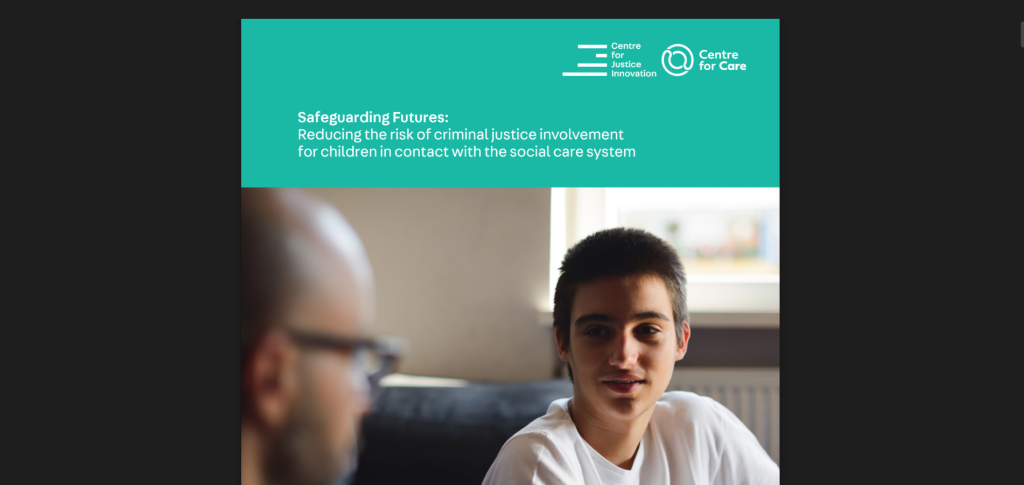The Care Workers’ Charity (CWC) Professional Care Workers’ Week is an important focal point in the year for care workers and highlights ways to support them in their work. It aims to ‘shine a light on the work happening in the social care sector; exploring some of the issues faced by the workforce, as well as those faced by the sector as a whole.’
Care workers are often employed on zero hour contracts or on minimum wage. Their work can be of high intensity and there is the possibility of working alone. These factors, combined with the cost-of-living crisis, mean that it is more urgent than ever to support care workers with their wellbeing. In this commentary, Sarah Givans reflects on an online panel event that explored care workers’ wellbeing, chaired by The CWC Chief Executive Officer Karolina Gerlich and with panel members from different homecare providers.
Why is care workers’ wellbeing so important?
‘Wellbeing’, ‘mental health’ – these words were often discussed during the pandemic and over the last two years. It is increasingly recognised that it is important to support staff within the workplace with their mental health. Mind, the mental health charity* states that “1 in 6 workers experience problems such as anxiety, low mood and stress at work. The Stevenson/Farmer review, Thriving at Work, highlighted that an estimated 300,000 people lose their jobs each year due to mental ill health.”
With the combined pressures on care workers of increased demand, staffing shortages and a cost-of-living crisis it is imperative that care workers’ wellbeing is well supported. ‘People are in it together’, says panel member Sophie Coulthard, Principal Consultant of Judgement Index. The panel went on to explore how care managers could support staff with their wellbeing and mental health. They suggested that first, work needs to become a safe place for care workers to raise concerns about their mental health and wellbeing.
How can managers start to talk about wellbeing with care workers?
The panel discussed ideas:
- Have a brainstorming session for staff – how do they see wellbeing; how do they interpret it? Is it the small things? What support do they need/what do they want to know?
- Launch a wellbeing initiative – have staff champions to be liaisons and to develop ideas/suggestions within the team.
- Have a staff survey focused on their wellbeing and any problems they are having.
- Create a noticeboard or a newsletter to share events, ideas and other important issues – e.g., have a profile piece on staff members.
- Share the care home more widely on social media, so the team feels part of the community.
The panel highlighted ways to support care workers: by building a positive working culture, so team members feel valued and supported, being aware of what other companies are doing on wellbeing – (what can you do with no budget?), and focusing on how to improve the team’s self-esteem, self-regard, and self-confidence.
Examples of wellbeing initiatives from panel members
- The use of a counselling app to help manage finance/life issues, with recipes, and mindfulness – people can use it in a crisis.
- A supportive Manager and a safe space for confidential discussions. There could also be a space to meet more socially as a team and regular team meetings.
- A Chaplin available on-site and to share knowledge of other faith services.
- A staff newsletter with information from faith services to quotes and events.
- Staff appreciation days from sharing cakes, to giving small presents to staff.
- Fundraising events e.g., a walk for The Care Workers’ Charity.
- Community space or a cafe area for care workers to work in (including the offer of a discount).
Conclusions
The Care Workers’ wellbeing panel event comes at a time of rapid change and uncertainty. It is important for care workers to feel valued and supported; their wellbeing is an essential part of being able to provide a high level of care in their roles. Whilst the subject of wellbeing can create discomfort within teams, it is valuable for team members, managers and workers to talk about the subject and to have these conversations in a safe and a supportive environment.
*For more information on the Mind Mental Health at Work website, please see the link here. It is World Mental Health Awareness day on Monday 10th October and the theme, set by the World Federation for Mental Health, is ‘Make mental health and wellbeing for all a global priority’.
About the author
Sarah joined CIRCLE and the Centre for Care in April 2022 as the Research Administrative Officer. She was previously based in the University’s Education Professional Services Team as an Operations Assistant and is looking forward to working with the new team and engaging with the Centre for Care staff and partners.
Sarah works closely with the Operations Team (Dr Kelly Davidge, Dan Williamson and Dr Rachael Black) in the day-to-day organisation of the Centre, including supporting events, meetings, managing the Centre calendar, financial and personnel support.





